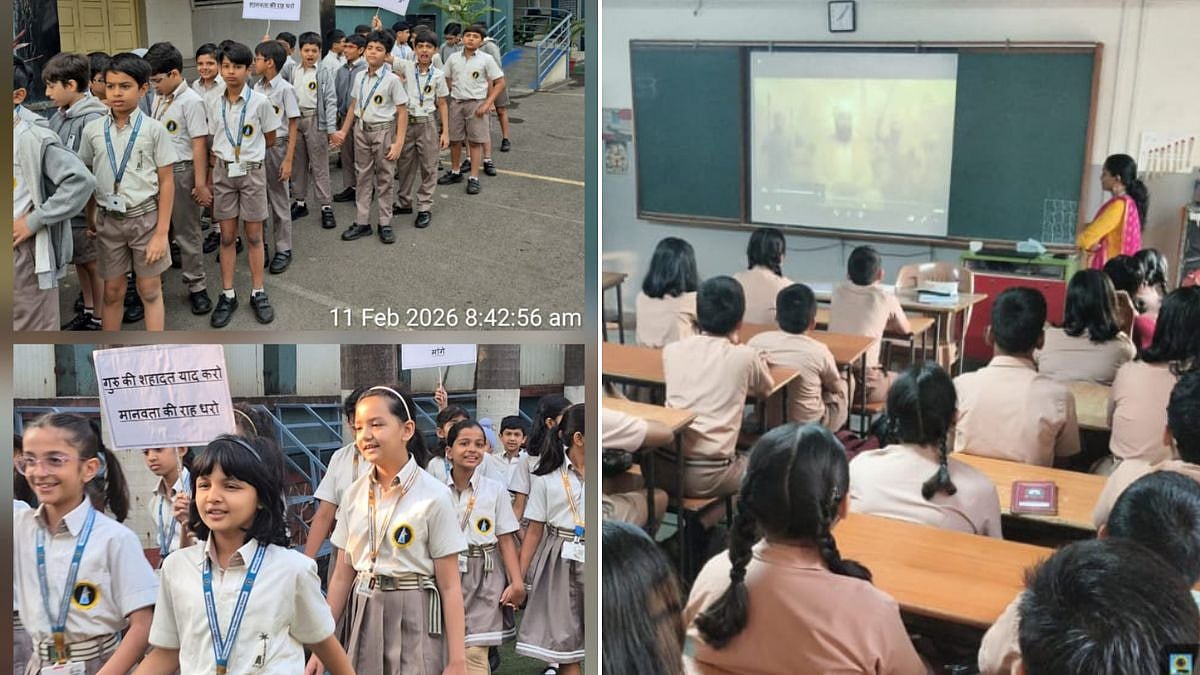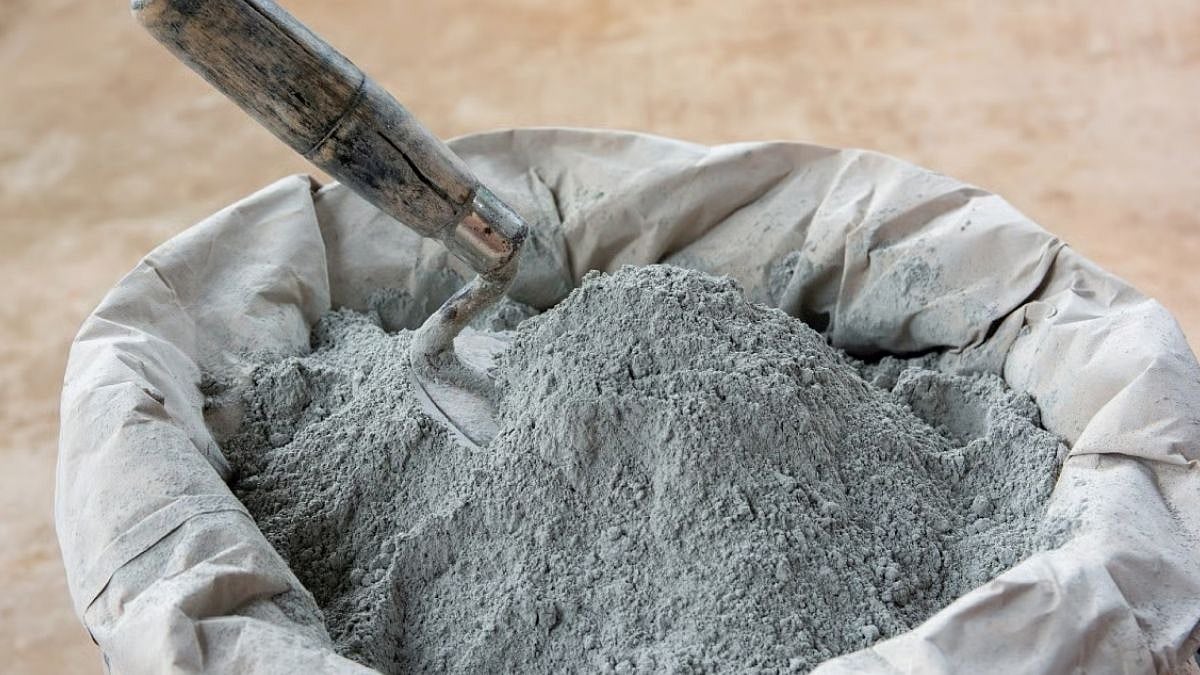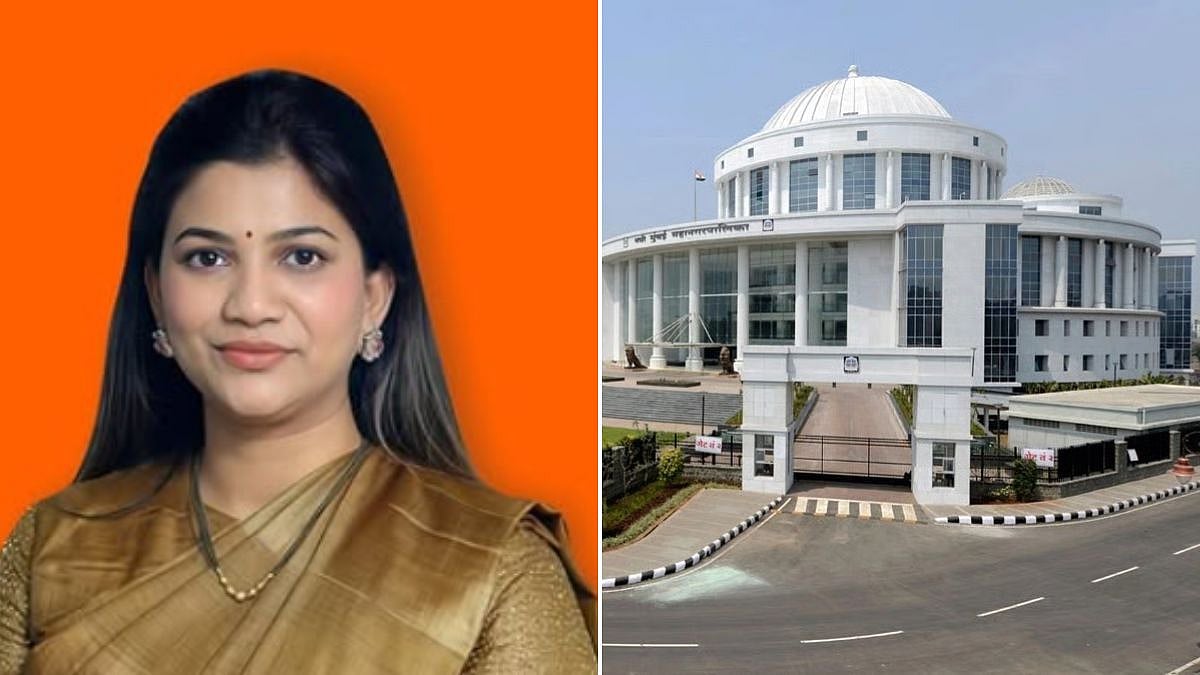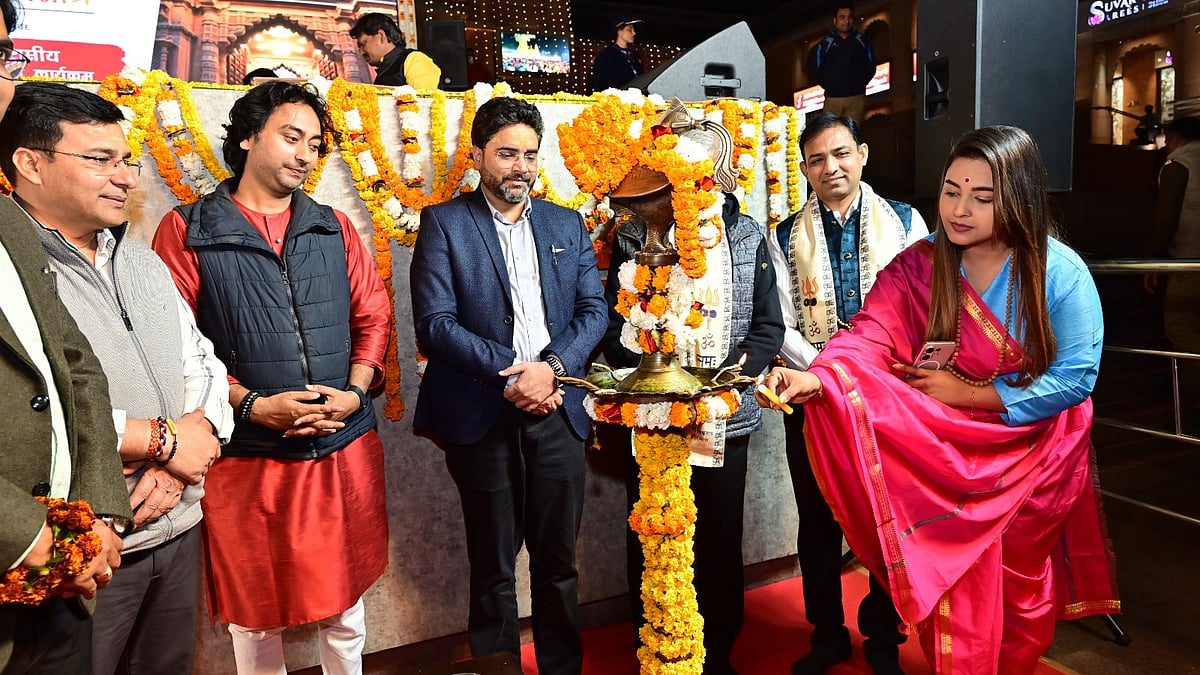Mumbai: As 2019 comes to an end, let us reflect on the issues and judgments that were seen in Mumbai's legal corridors.
Every dissent is taken as a threat to religion
The Bombay HC bench led by Justice Satyaranjan Dharmadhikari has been monitoring the probe in the killings of rationalists Narendra Dabholkar and Govind Pansare for more than six years now. On a hearing in January 2019, Justice Dharmadhikari, who has been vocal against the 'shoddy' probe by the CBI and the State CID, had observed that every expression of dissent is taken as a threat to religion these days and numerous unemployed youth are systematically trained to protect their religion at all costs. “Everything is taken to be a threat to the religion and this type of impression is given to these young unemployed youths and systematically it is inculcated in them that it is their duty to protect the religion even at the cost of eliminating, those propounding contrary opinions and thoughts,” Justice Dharmadhikari had remarked.
Give importance to the wishes of a wife
While ordering a husband to pay Rs 700 maintenance to his wife, the Aurangabad bench of Bombay HC had taken note of the changing lifestyle and increasing trend of nuclear families. Justice Vishwas Jadhav had said it is high time that wife’s wishes are given importance just like that of a husband. The bench had accordingly held, if a wife is unhappy with the attitude of her in-laws and separates from her husband, she is entitled to maintenance. “In our society, importance is given to the wishes of the husband. Even if the wife is not comfortable with her in-laws, she has to follow the wishes of her husband and stay along with her in-laws, only to respect the wishes of her husband. However, in the changing scenario of the lifestyle and considering the developing concept of the nuclear family, importance is also required to be given to the wishes of the wife,” Justice Jadhav ruled.
Mumbaikars have a high tolerance to potholes
Right from 2013, the HC has been monitoring a bunch of petitions highlighting the potholed roads of Mumbai and the apathy of the civic body in getting rid of pothole menace. In a hearing, earlier this year, the HC while expressing displeasure over the poor condition of roads in Mumbai pulled up the BMC saying the civic body continues with its apathetic approach towards these shoddy roads, only because of the ‘high level of tolerance’ shown by Mumbaikars. Then Chief Justice Naresh Patil had said, “Let us remind you (BMC) that is is your basic duty to provide good roads to the citizens. It is not as if you are not aware of all the issues (faced by Mumbaikars during monsoon) but things continue to be as it is because you also know that people here tolerate everything.”
HC upholds death penalty law for repeat offenders in rape cases
Just like any other year, the Bombay HC has been 'sensitive' towards women in 2019 too. This year, the HC upheld the validity of section 376 E, which provides death term for a person, who is a repeat offender in rape cases. This means repeated offenders in rape cases can now be punished with a life-term for the remainder of their natural life or with a death sentence. The Parliament had introduced section 376 E on the heels of the Nirbhaya gang-rape case of 2012. The provision was challenged by three convicts, who are on a death row for raping a photojournalist in Mumbai’s Shakti Mills area, claiming it is against their fundamental rights to equality and liberty.
Govt asked to revisit OBC quota and phase out ‘progressed’ castes
2019 brought good news for the Maratha Community with the Bombay HC upholding the quota for the community in public service and education. However, the HC while upholding quota to Marathas, concluded that ‘revisiting’ the OBC list would be the only solution to resolve all issues pertaining to reservations. A bench of Justices Ranjit More and Bharati Dangre had said that the Constitution of India itself empowered the state to revisit the OBC list and phase out communities which have already progressed. The judges said that the reservation policy was never considered as a permanent solution to remove the disparity which was historically traced amongst different classes.
No more Status Quo orders on 'dilapidated' buildings
Taking note of the series of mishaps in the city owing to the collapse of dilapidated or old buildings, the Bombay HC stepped in for the safety of tenants of such structures. In a significant ruling, Justices Satyaranjan Dharmadhikari and Gautam Patel held that in cases of dilapidated buildings, courts cannot pass orders to maintain ‘status quo.’ The bench said such orders go in favour of dilapidated or dangerous buildings, which pose a threat to the lives of the tenants and also the neighbours and pedestrians. The bench also ruled that the ‘routine’ practice of courts accepting an ‘undertaking’ by the tenants of dangerous buildings and allowing them to reside till further orders, must be given up.
BJP warned not to 'interfere' in democratic processes
The year 2019 was filled with embarrassments for the erstwhile Bharatiya Janata Party (BJP)-led government in Maharashtra, not only in political but on the legal front too. The HC had in several matters pulled up the government for its apathy and also the former CM Devendra Fadnavis for failing to implement court orders. The HC bench of Justice Satyaranjan Dharmadhikari had warned the then BJP government not to interfere in democratic processes. The order was passed while setting aside the government's decision to disqualify four nominated councillors of Bhiwandi-Nizampur City Municipal Corporation (BNCMC). The HC was irked to note that the councillors were disqualified on a complaint made by a BJP corporator, who the judges said, could have availed legal remedies before seeking their disqualification. “There was no occasion for the government to have intervened in a purely political dispute. The intervention by the government not only contravenes the mandate of the law but also interferes with a democratic process. The observations made by us, ought to serve as a warning to the government and it should refrain from exercising its power of control in such matters,” Justice Dharmadhikari had observed.
BJP Motormouth Pragya Thakur and her tantrums
BJP's newly-elected parliamentarian Pragya Thakur had been in news, throughout 2019, right from the time the saffron party named her as its official Lok Sabha candidate from Bhopal. But she has been in the news for all the wrong reasons. After being elected, Thakur finally attended the 2008 Malegaon blast trial's hearing in a special court. She had come to the court after a series of adjournments and summons from the special judge, seeking her presence in the courtroom. But when she reached, she created a huge drama after the hearing. She was made to sit on the benches made for the accused but she refused to sit on it claiming it to be 'uncomfortable' and was later offered a chair to sit but she chose to stand for the hour-long hearing. Soon after the hearing was wrapped, Thakur created ruckus over her chair, which became nothing less than a 'kissa kursi ka' with all the court rules going up for a toss. She even went on to say that she would come next only if the judge speaks to her.
Journalists got their 'right to report'
It was a major victory for the press when a special court trashed an application filed by National Investigation Agency (NIA) urging it to disallow journalists from reporting the daily proceedings in the 2008 Malegaon blast trial. The court said that the media's role is clear and it is the fourth pillar of democracy, cannot be disallowed from reporting the actual facts of the case. The observations were made after 11 journalists (two were from Free Press Journal) from the city petitioned the special court seeking their 'right to report.' Special Judge Vinod Padalkar clearly said he would conduct a ‘transparent’ trial in the case and also trashed the contention of Pragya Thakur and Col. SP Purohit that some defamatory articles were published by certain newspapers against them.






